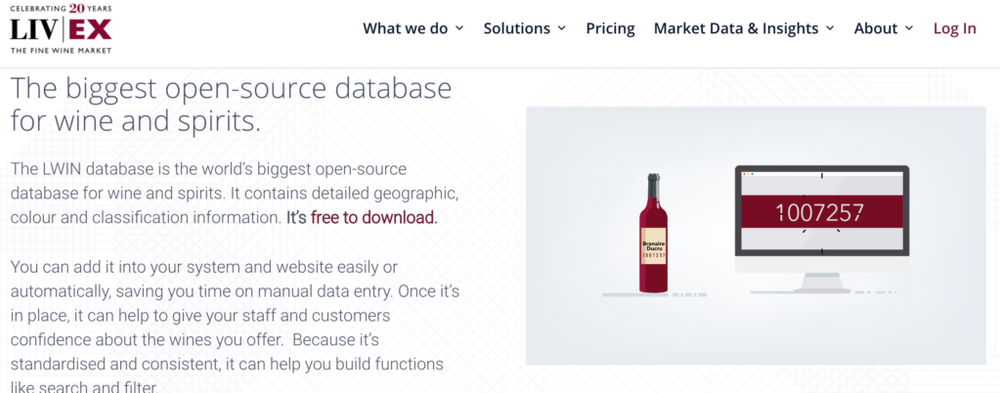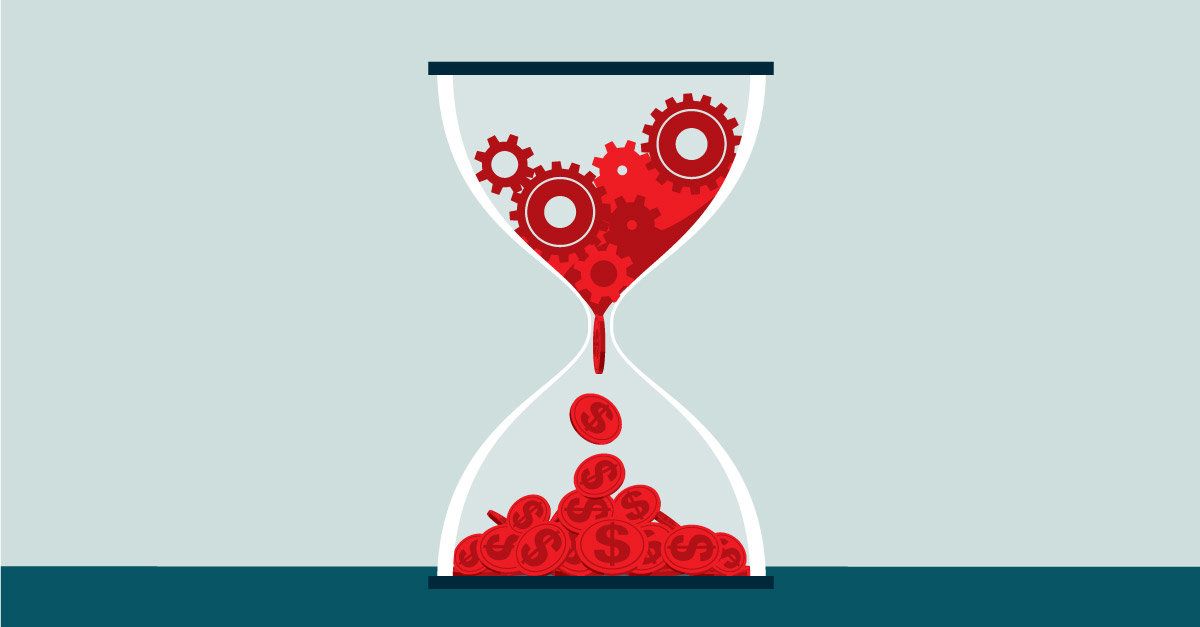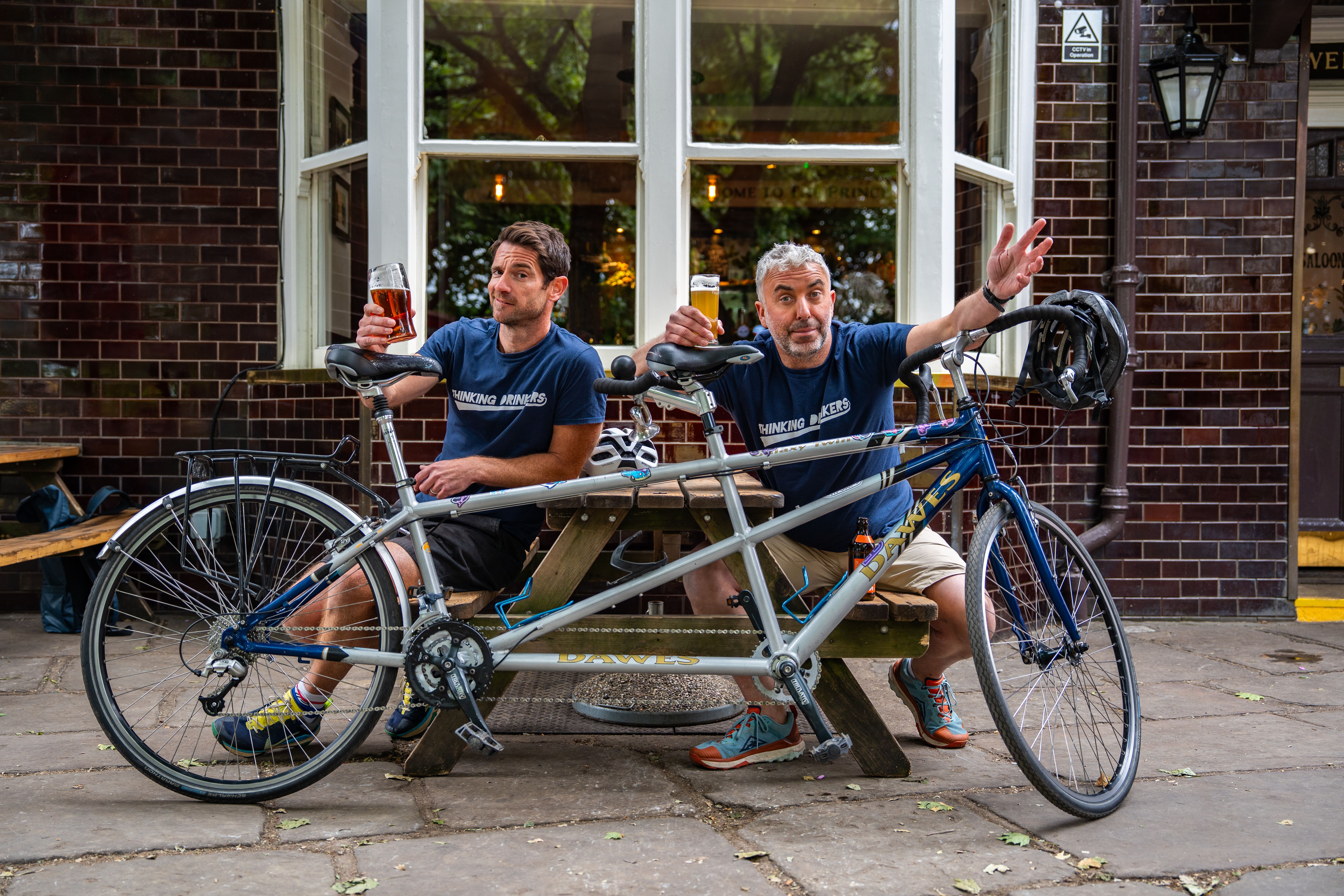What computer management system runs your business? When was the last time you upgraded? Is it fit for purpose for the specific needs of running a wine business? Is it saving you time and setting you up for future growth, or is it limiting your ambitions, or worse, slowing you down? Wine Owners’ Nick Martin answers the killer questions.
It’s six months since you first talked about the release of the Hub, your business management software (what some people call an ERP) that has been designed specifically for the wine industry. How have things progressed in that time?
The market’s response to the Hub has been fantastic, and 13 businesses have signed up to it since we went into beta release. We’ve also expanded the team to manage the concurrent needs of software development, delivery and customer support. And we’re about to come out of the beta release phase which is an exciting milestone.

What kind of businesses have come on board?
Quite a range. Start-ups in Hong Kong, a US retailer, merchants and importers in the UK, a fine wine business in Europe. Businesses range in size from around £3m to £30m.
What has attracted those businesses to the Hub, over and above other business software they have to pick from?
It’s a combination of factors. Being industry specific means we can handle any number of stock types that an independent wine business may want to include within its inventory. It may sound pretty fundamental to our market, but a lot of systems struggle with brokerage, futures and stockholder or importer feeds of ‘soft’ or ‘virtual’ stock.
Our sector focus also extends to a referential database of wine that we’ve been building for almost a decade, market pricing and associated content, all of which helps to sell wine. Not to forget LWINs as well (the system introduced by Liv-ex that assigns unique codes to over 85,000 different wines and spirits – what it calls the ISBN for wine).

The software as a service (SaaS) model has been well received, particularly by businesses running legacy systems held on servers in their offices. A fully managed service is far easier on the business of course, but it’s the ability for anyone in the company to access the platform at any time that’s such a huge improvement for those guys.
What else does it help with?
For others, software as a service means always being on the latest version without upgrade worries, and being future-proofed, which means knowing they can turn on new functionality as and when they get to certain points in their evolution.
The idea of SaaS as a digital operating platform (DOP) is the next step on from the rather old-fashioned term ‘ERP’ (referring to systems that run your core business functions). What DOP means is that you can connect up your business SaaS with the very best services available in the market, from the most fundamental such as accounting (Xero, Sage, Quickbooks) to really specialised ones.
An example is that we can plug in a branded client-facing reserves management (storage) experience, with add-ons for self directed brokerage. A number of our early adopters have bought into having that single integrated platform that provides best in class software and services for both the business and its customers.
Can it help with online sales and running an e-commerce platform?
Getting properly online, and opening up ecommerce has become a critical business decision in light of Covid, and the Hub webshop comes fully integrated with the Hub. That’s a big deal in keeping administrative costs commonly associated with online down to an absolute minimum.

Wine Owners Hub system will include a webshop function to help wine businesses manage their ecommerce platforms
It means everything is mastered in the Hub – stocks, prices, reviews and scores, producer descriptions, drinking windows, images – you name it – and you get to decide what wines feed into your webshop and which wines aren’t available to be bought online – maybe because they’re on allocation or you want keep them as your own stock until the market can support a higher price and margin. Our early adopters who have gone with this integrated approach don’t have any worries over synchronization, double selling, mis-pricing. It just works.
It has to be said that the other big attraction of the Hub has been our pricing. The SaaS model favours monthly recurring fees, and we’ve gone with that as the Hub’s principal charging model. That means the only set up fees are for services such as data cleansing and migrations, and add-ons such as the Hub Webshop or integration with your own ecommerce or client reserves management. There’s no big configuration effort and no big lead time to getting started.
Businesses are able to get going with an industry specific, tried and tested business platform without that up-front hurdle. It makes the Hub very easy to adopt.
A lot of companies have signed up to the Hub in a pretty short space of time. How has that affected your plans?
Well, it’s taught us a lot. One of the things we’ve always been clear about is that we are led by the market. We learn about what makes different businesses in the market successful, we listen to their needs and we create software that’s effectively been designed by them and reflects best practise.
We did that for client reserves management which we started back in 2013 and we took that approach to wine warehouse management which we released in 2016 and we’re now probably the leading supplier into that sector in the US.
The difference with the independent wine operator market is there isn’t just one business model and the differences between those models can be quite profound. Signing up so many businesses since launch has very quickly helped us establish those differences and common requirements early on, and it’s also helped us to see the bigger picture of how all those businesses have the potential to connect and trade with each other more efficiently. As a result the Hub works for stockholders, it works for low inventory models, it works for brokers and it works for importers.
Where do you go from here?
We’ve already integrated with Liv-ex for its Gold members and we’ll see Liv-ex members trading through the Hub very soon. Many of those members, especially those who operate a low working capital intensity model, will also be pulling in Liv-ex offers for sale and taking in a filtered subset into inventory. More wine means more sales.
Of course we’ll also connect up with the Wine Owners community of collectors who represent an interesting private source of stock and potential customers.
We see a lot of suppliers, such as those importers who think of themselves as a lender of working capital to retailers and merchants, negociants and other sources of attractive stock, looking for ways to increase sales and extend market reach. So we’ll be rolling out processes that connect up stockholders with merchants and retailers who want to work off additional stock feeds over the course of the next year.
No doubt we’ll be connecting up with other services where there’s interest to do so, or where we think we can lead and bring value to the market, to help make market collaborations that much more efficient and easier to manage.
Then as new sales channels emerge, and based on market demand, we’ll make it possible to connect Hub inventories. The work’s been done to enable multichannel selling, which means you can list inventory in your webshop, on trading exchanges, through consumer selling platforms, at variable price points and without tripping up. We think that’ll be a gamechanger over the next few years as digital platforms become more significant.
- Nick Martin is chief executive of Wine Owners, that provides Software as a Service (SaaS) platform solutions that are engineered from the ground up for the independent wine sector. The Hub is the newest platform release that delivers a complete cloud-based business system. More here. You can contact him at nick.martin@wineowners.com.










































